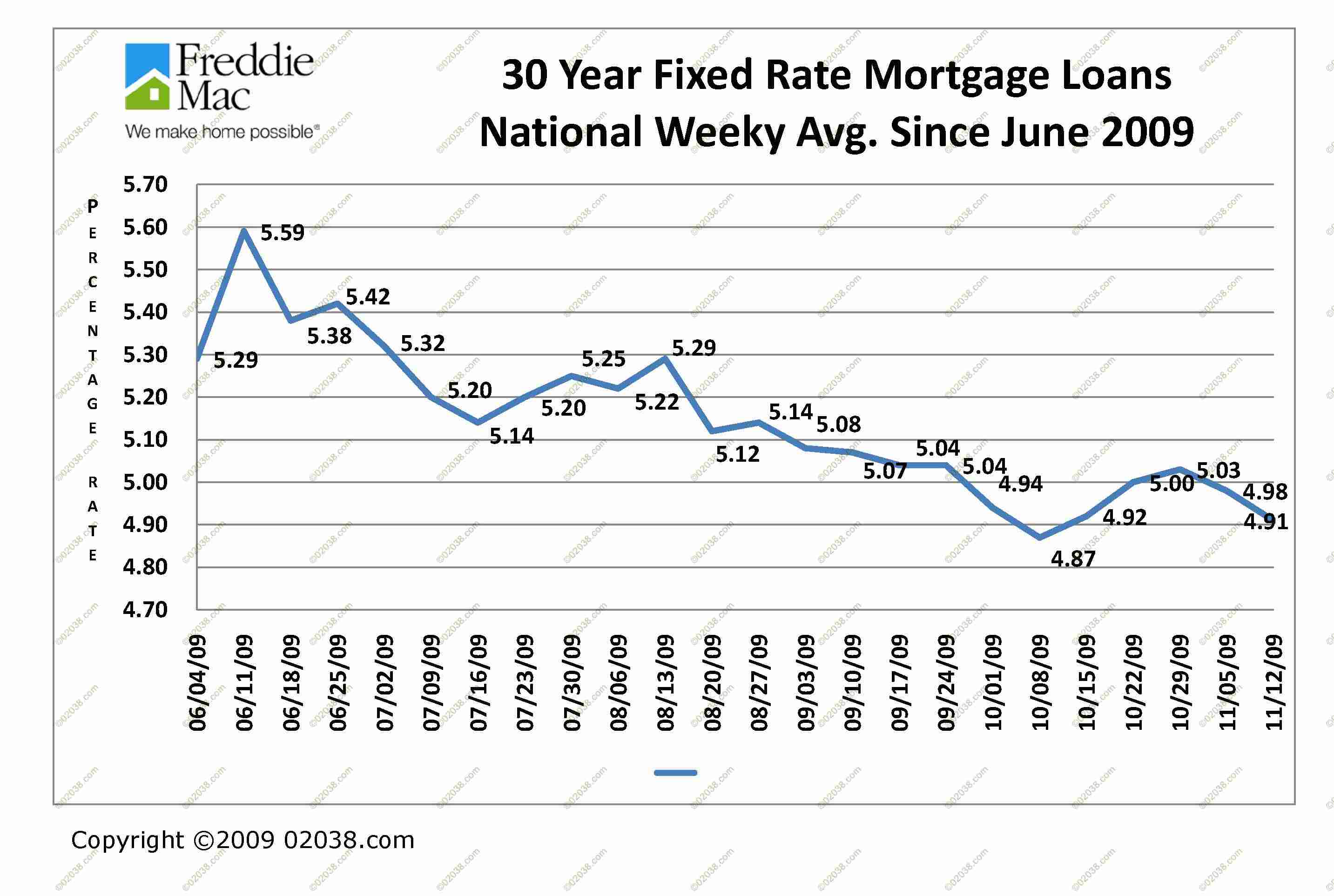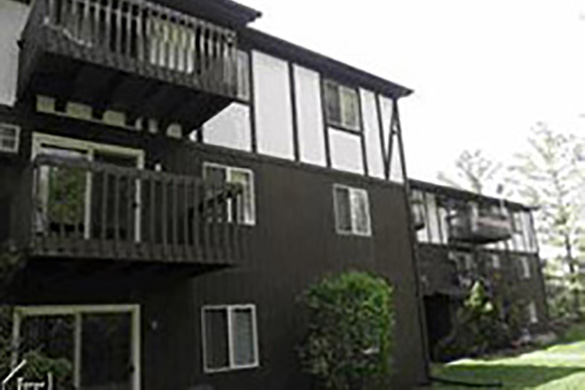The main benefit of this program (and it's a huge one) is that borrowers can receive 100% funding for the purchase of a house. That means no down payment whatsoever. The United States Department of Agriculture (USDA) uses a loan program for rural debtors who meet wesley financial group nashville specific earnings requirements. The program is managed by the Rural Housing Service (RHS), which becomes part of the Department of Agriculture.
The AMI differs by county. See the link below for details. Integrating: It is very important to keep in mind that borrowers Find more information can integrate the kinds of home loan types explained above. For example, you may select an FHA loan with a set rates of interest, or a conventional home loan with an adjustable rate (ARM).
Depending upon the quantity you are attempting to borrow, you might fall under either the jumbo or conforming category. Here's the distinction in between these 2 mortgage types. A conforming loan is one that satisfies the underwriting guidelines of Fannie Mae or Freddie Mac, particularly where size is worried. Fannie and Freddie are the 2 government-controlled corporations that purchase and offer mortgage-backed securities (MBS). House owners looking for a home equity loan who would also take advantage of re-financing their existing mortgage. Homeowners looking for a house equity loan who would get little or no savings from refinancing their present home loan. Underwater debtors or those with less than 20 percent house equity; those looking for to refinance at a lower interest rate; customers with an ARM or upcoming balloon payment who wish to transform to a fixed-rate loan.
Newbie homebuyers, buyers who can not install a large down payment, debtors acquiring a low- to mid-priced home, purchasers seeking to buy and improve a home with a single home mortgage (203k program). Borrowers acquiring a high-end home; those able to put up a down payment of 10 percent or more.
Non-veterans; veterans and active service members who have actually tired their standard entitlement or who are wanting to purchase investment property. Novice buyers with young households; those presently residing in crowded or out-of-date housing; residents of backwoods or little neighborhoods; those with restricted incomes Urban dwellers, families with above-median earnings; bachelors or couples without kids.
One of the first questions you are bound to ask yourself when you wish to buy a house is, "which mortgage is ideal for me?" Generally, purchase and re-finance loans are divided into fixed-rate or adjustable-rate home mortgages - how would a fall in real estate prices affect the value of previously issued mortgages?. Once you decide on repaired or adjustable, you will also need to consider the loan term.

Some Ideas on Why Is Mortgage Insurance Required For Reverse Mortgages You Should Know
Long-term fixed-rate home mortgages are the staple of the American home mortgage market. With a set rate and a fixed regular monthly payment, these loans supply the most steady and predictable cost of homeownership. This makes fixed-rate mortgages very popular for homebuyers (and refinancers), especially at times when rates of interest are low. The most common term for a fixed-rate mortgage is thirty years, however shorter-terms of 20, 15 and even 10 years are also offered.
Considering that a greater month-to-month payment limits the quantity of mortgage an offered income can support, most homebuyers decide to spread their month-to-month payments out over a 30-year term. Some mortgage lending institutions will permit you to personalize your home mortgage term to be whatever length you desire it to be by changing the regular monthly payments.
Since monthly payments can both fluctuate, ARMs carry risks that fixed-rate loans do not. ARMs are beneficial for some borrowers-- even very first time borrowers-- however do require some additional understanding and diligence on the part of the consumer (what does recast mean for mortgages). There are knowable dangers, and some can be handled with a little preparation.
Traditional ARMs trade long-term stability for regular modifications in your rates of interest and regular monthly payment. This can work to your advantage or downside. Traditional ARMs have rate of interest that change every year, every 3 years or every five years. You may hear these referred to as "1/1," "3/3" or " 5/5" ARMs.
For example, preliminary interest rate in a 5/5 ARM is repaired for the very first five years (after my second mortgages 6 month grace period then what). After that, the rates of interest resets to a brand-new rate every five years until the loan reaches completion of its 30-year term. Traditional ARMs are normally provided at a lower preliminary rate than fixed-rate home loans, and usually have payment terms of 30 years.
Of course, the reverse holds true, and you might end up with a greater rate, making your home mortgage less budget friendly in the future. Keep in mind: Not all lending institutions use these products. Standard ARMs are more beneficial to property buyers when rates of interest are relatively high, given that they provide the possibility at lower rates in the future.
Top Guidelines Of Which Banks Are Best For Poor Credit Mortgages
Like standard ARMs, these are usually available at lower rates than fixed-rate home mortgages and have total payment regards to thirty years. Since they have a range of fixed-rate periods, Hybrid ARMs use debtors a lower initial rate of interest and a fixed-rate mortgage that fits their expected time frame. That said, these items carry risks considering that a low set rate (for a few years) might concern an end in the middle of a higher-rate environment, and monthly payments can jump.
Although often discussed as though it is one, FHA isn't a mortgage. It represents the Federal Real Estate Administration, a government entity which essentially runs an insurance pool supported by fees that FHA mortgage customers pay. This insurance swimming pool virtually removes the risk of loss to a lending institution, so FHA-backed loans can be used to riskier customers, particularly those https://www.storeboard.com/blogs/general/the-3minute-rule-for-what-is-the-maximum-number-of-mortgages/4201086 with lower credit report and smaller down payments.
Popular amongst novice homebuyers, the 30-year fixed-rate FHA-backed loan is offered at rates even lower than more conventional "conforming" mortgages, even in cases where customers have weak credit. While down payment requirements of just 3.5 percent make them specifically appealing, debtors must pay an upfront and yearly premium to money the insurance coverage pool kept in mind above.
To get more information about FHA mortgages, check out "Advantages of FHA home loans." VA home mortgage are home mortgages ensured by the U.S. Department of Veterans Affairs (VA). These loans, concerns by private lending institutions, are provided to qualified servicemembers and their households at lower rates and at more favorable terms. To figure out if you are qualified and to read more about these mortgages, visit our VA home mortgage page.

Fannie Mae and Freddie Mac have limits on the size of mortgages they can purchase from loan providers; in a lot of locations this cap is $510,400 (as much as $765,600 in particular "high-cost" markets). Jumbo home loans come in repaired and adjustable (conventional and hybrid) varieties. Under regulations imposed by Dodd-Frank legislation, a meaning for a so-called Qualified Home loan was set.
QMs also enable debtor debt-to-income level of 43% or less, and can be backed by Fannie Mae and Freddie Mac. Presently, Fannie Mae and Freddie Mac are using unique "momentary" exemptions from QM rules to buy or back mortgages with DTI ratios as high as 50% in some scenarios.